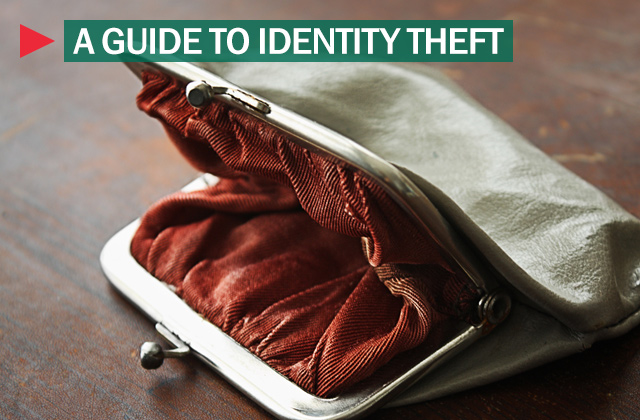The general public should be well aware at this point that identity theft is increasingly common and has calamitous effects that are far more serious than the half-baked Melissa McCarthy comedy “Identity Thief” would lead you to believe — though instead of going on a harrowing cross-country road trip, it’s your personal and financial data that could be on the road to ruin. Here’s how to protect yourself from such disastrous fates.
Password Security: Attacks on large cloud-based sites like DropBox and LinkedIn have jeopardized the data security of millions of users, but you can limit the impact of even those unlikely events by practicing good password security. Strong passwords are critical; they should be long combinations of letters, numerals and non-alphanumeric symbols; never use names or words found in a dictionary. And change the passwords frequently. Use different (and dissimilar) logins for each online account, and create separate email accounts to which you link only your online finances.
Don’t Store Financial Data: It’s really convenient to keep your credit card number and billing address stored in every website you use to shop for things online, but because security breaches of websites are disturbingly common, play it safe and don’t do it. It’ll be worth the extra minute it takes to add that information each time you check out.
Know Your Scams: Online scams come in all forms. Whether it’s easily recognizable, like an email from a member of an African royal family who wants to give you millions of dollars, or something seemingly trustworthy like a password reset notification that appears to be sent by your credit card company, be equally suspicious of any online communication — by email or social media — that asks you for personal information or to download a document or even to click through to a new web page. Always be vigilant and skeptical.
Consider Insurance: Identity theft has become such an issue that there are now even insurance policies that cover it, which could protect you — and your credit score — should you be attacked.
Social Duplicity: One of the more insidious forms of identity theft comes from attackers who steal your personal information to create a duplicate social media presence that tricks others into believing they are interacting and exchanging information with you, when in fact they are not. Whether it’s done as a prank or to obtain sensitive data from others, it can result in terrible damage to your reputation. Prevent this by periodically searching yourself in Google and on Facebook to make sure you are the only you out there. If you’re not, use the appropriate abuse reporting tools for the respective platform and shut it down ASAP.
Act Quickly: Much like the social media presence reaction, if you think you have been the victim of identity or data theft, act fast. Contact your bank, email provider or whichever service has been compromised and get to the bottom of it. Identity theft, usually financially motivated, can have disastrous effects, especially on your credit.
Get a Safety Package: It’s always a smart idea to have a security solution like Kaspersky PURE 3.0 whose Safe Money system helps confirm the validity of a website’s reputation and protects your transactions during online shopping. And since you’ll have lots of unique passwords for all of your various online accounts, you can use the PURE Advanced Password Manager to help you store and track them.
 data
data


 Tips
Tips